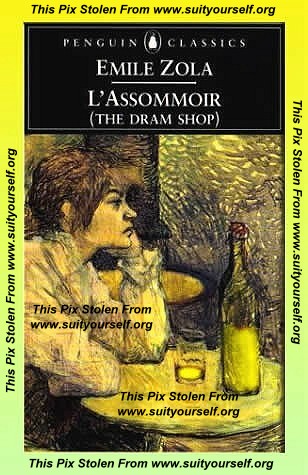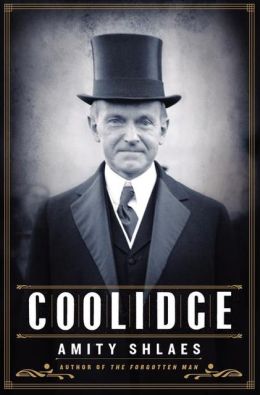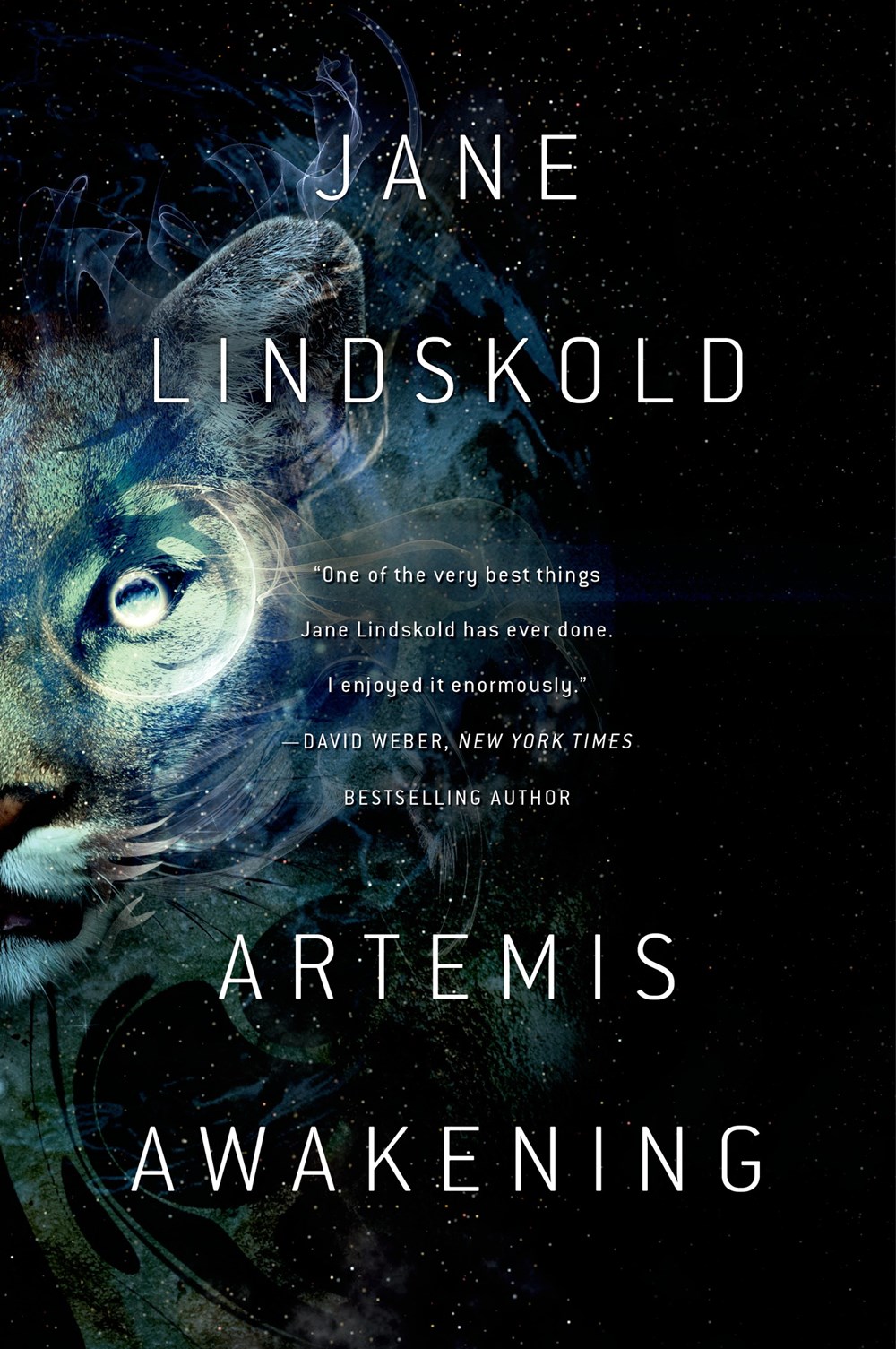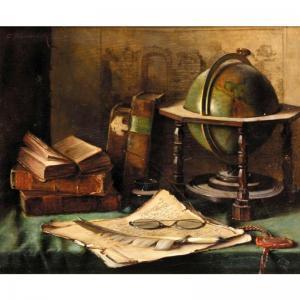"L'Assommoir
can be seen not only as a firmly constructed, hard-hitting
novel of Paris slum life, but also as a vast canvas of colors and
tones making the reader both actually see and feel the life of the
poor in the baking sun amid the stench of moldering refuse or in the
squalor of snow melting with filthy street waste."
This
excerpt from Angus Wilson's "Afterword" sums up all that is
so extraordinary and so depressing about the seventh novel in the
great Rougon-Macquart
chronicle. Setting out to write about every aspect of French society
under the Second Empire, Zola crafted twenty exquisitely detailed
novels over the course of two decades at the end of the 19th century.
His formulation of literary Naturalism, where the writer attempts to
study objectively and analyze human society through the lives of
his/her characters, was so influential that it drove Stephen Crane,
Frank Norris, and Theodore Dreiser, among others, to craft their own
versions of American naturalism.
















